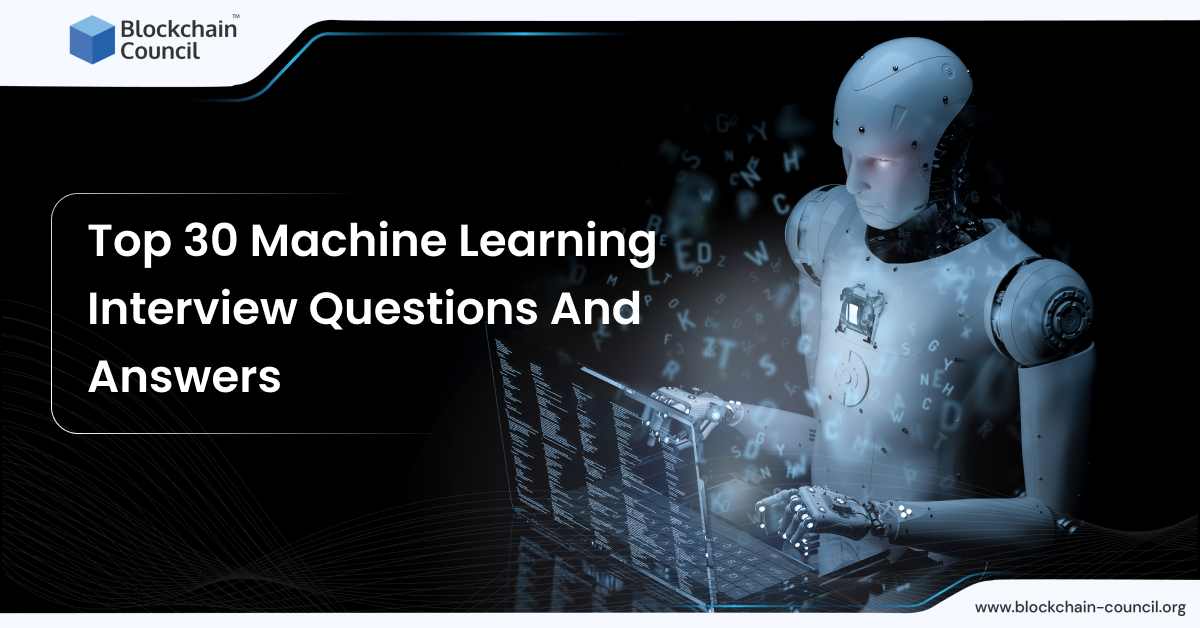
- Amber Smith
- January 10, 2025
Artificial Intelligence (AI) is expanding quickly and influencing business, technology, and everyday life. AI certifications help validate skills and give you the confidence to apply these technologies in real-world settings. Employers in areas like tech, finance, healthcare, and consulting actively look for certified professionals because these credentials show that skills are current and relevant.
This link between certification and job opportunities gives certified individuals a competitive advantage, often helping them negotiate higher pay and access opportunities that might not be available to those with traditional qualifications. Programs like the “Master Artificial Intelligence” offer structured courses that mix key topics and hands-on practice to provide a deeper understanding.
Master Artificial Intelligence (AI) Learning Path
This AI learning path is designed to give you the essential skills and knowledge you need to thrive in the AI field. It includes multiple certifications, each targeting different AI aspects, providing a well-rounded approach and practical experience. Here’s a look at the certifications included in this path.
Certified Artificial Intelligence (AI) Expert™
If you’re looking to build a solid AI foundation, the Certified Artificial Intelligence (AI) Expert™ certification is a fantastic start. This program introduces the basics of AI, machine learning, and how AI is used across different industries. It also emphasizes ethical considerations, ensuring you use AI responsibly. This comprehensive certification is great for beginners and those shifting into AI from other fields, offering a broad understanding that’s valuable for any AI professional.
Certified ChatGPT Expert
Today, knowing how to use conversational AI is super important. The Certified ChatGPT Expert program dives deep into one of the most popular AI models—ChatGPT. In this one, you’ll learn basic AI concepts, how to create prompts, and how to use and adjust ChatGPT for different needs. The course focuses on practical, real-world uses of ChatGPT, making it great for those wanting to use AI in customer support, content generation, or as personal assistants. This certification not only helps you grasp AI better but also gives you hands-on skills in prompt design and working with OpenAI’s API.
Certified Prompt Engineer™
As AI advances, the ability to create effective prompts has become highly valuable. The Certified Prompt Engineer™ certification teaches you the techniques of prompt design, focusing on crafting prompts that lead to clear and accurate AI outputs. This certification covers everything from basic to advanced prompt design methods. Its hands-on approach means you’ll be well-equipped by the end to solve complex issues using prompt engineering in AI-powered tools. It’s perfect for those looking to specialize in a focused but vital AI skill.
Certified Generative AI Expert™
Generative AI is changing industries by allowing the creation of new content, art, and solutions that were previously unimaginable. The Certified Generative AI Expert™ certification offers a deep look into how generative AI can be applied in various sectors. You’ll explore everything from text generation to AI-driven art, staying updated on the latest trends and tech. This certification is ideal for those interested in applying AI in creative or innovative industries. Plus, it covers essential topics like data privacy, preparing you to handle AI’s ethical challenges.
Why Master AI Learning Path Stands Out Over Degrees or Other Courses
The “Master AI Learning Path” gives a focused and practical approach that many traditional degrees or other courses don’t offer. Unlike long degree programs, which can include outdated material, AI learning paths are made to equip you with relevant skills quickly. These certifications target what employers are looking for, such as real-world AI applications, machine learning, and prompt engineering, allowing learners to gain critical tools without the added time and cost often associated with a degree.
Additionally, AI certifications are constantly updated to reflect the latest advances in technology, ensuring your skills remain current in this fast-changing field. They offer self-paced, online learning, making them accessible to those managing work or other responsibilities. These certifications keep up with rapid changes in AI, allowing learners to stay ahead by mastering the latest techniques like machine learning, deep learning, and natural language processing. The flexible, hands-on approach lets individuals learn when it’s convenient, which is perfect for those needing adaptable schedules.
Career Prospects
Certifications validate specific skills and knowledge in ways that traditional degrees may not. Employers view them as proof of expertise, especially when awarded by recognized institutions. This path speeds up the learning process and matches closely with job needs in the AI sector. It offers a clear route to job opportunities and career growth without the time and financial investment needed for a degree. Focusing on real-world skills prepares you to meet the expectations of today’s employers.
AI certifications open doors to some of the highest-paying tech careers today. Positions such as AI engineer, data scientist, and machine learning engineer come with competitive salaries that often surpass those in traditional roles. For example, entry-level AI engineers earn around $118,166 per year, while senior roles can reach up to $200,000, depending on location and experience. Cities like San Francisco and New York offer some of the highest average salaries for AI professionals, frequently exceeding $150,000 annually.
Conclusion
Investing in AI certifications through a structured learning path can help set you apart in this rapidly changing field. The “Master Artificial Intelligence” program offers a thorough education that covers key AI areas, preparing you to tackle current challenges and future developments. It provides the skills and knowledge required to succeed in the evolving world of AI.





































































 Guides
Guides News
News Blockchain
Blockchain Cryptocurrency
& Digital Assets
Cryptocurrency
& Digital Assets Web3
Web3 Metaverse & NFTs
Metaverse & NFTs
